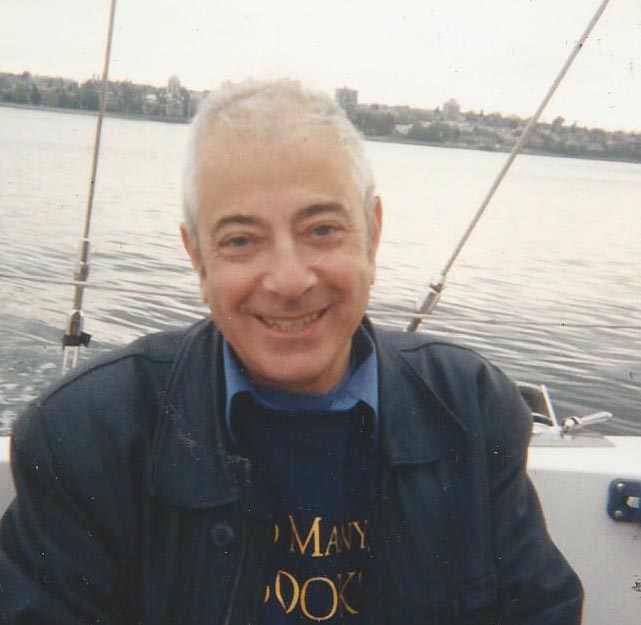By Peter Hechtman
Book Club
Alice Kaplan, Dreaming in French, University of Chicago Press, 2012

Peter Hechtman.
This little book is animated by an intriguing question: What accounts for the lure that Paris exerts on the brightest and best American students and what do they bring home from their year(s) abroad?
At least two generations of American male writers have recorded their own love affairs with and in Paris, but Kaplan’s focus is on three young American women who came to Paris to study and experienced an encounter with French culture that transformed their lives. These were Jacqueline Bouvier (later Jackie Kennedy); Susan Sontag, who, by some reckoning, became “the last New York intellectual”; and Angela Davis, African-American activist and professor.
What were they seeking? And how did it change their lives? All would claim to be seeking freedom from a cramped and/or cosseted way of life in the America of the 1950s and early 60s. Bouvier was expected to redeem the fallen prestige of her family’s aristocratic pretensions. Sontag, a child with precocious intellect, was desperate to escape the provincial backwater of Tucson, Arizona. Davis was from an educated family constrained by the strict segregation codes of Alabama.
What they hoped to use the freedom for was to engage with the life of the mind. Where they grew up, such aspirations were not taken seriously, particularly for young women. Thus what is common to the Parisian adventures of all three was close and disciplined study of French literature and philosophy.
After that, the paths diverge. Bouvier brought an intense visual sense to her encounter with French culture. Arguably, as Chatelaine of the White House, her clothing and self-presentation, her interior decoration, her skills as hostess reflect a knowledgeable and confident familiarity with French tastes. She set a new and elegant standard for American womanhood.
Sontag’s expectations of Paris were that it would allow her to explore the full dimensions of her sexuality. She did. It was homo rather than hetero. For Sontag, nevertheless, Paris was the place to grapple with all the avant-garde ideas in film, literature and philosophy. Unlike Bouvier, whose immersion in France was worn as a public badge, Sontag’s acquisition of French thought was an entirely internal matter. It is suggested that, upon her return to America, she somehow became a conduit for introducing French thought into American literary culture.
Davis is credited by the author of having the most incisive mind of the three. In Paris, it was to be encounters with Algerian revolutionaries that laid the foundation for her commitment to political struggle.
In her case, many distractions from the simple fulfillment of an academic career awaited her upon return to the US. The Soledad prison uprising, with Davis being accused of buying weapons for the prisoner, George Jackson, was a story that held the nation in its grip for many months. But the French connection worked, this time in the reverse direction. Davis was recognized as a “daughter of France,” and this connection galvanized tens of thousands of demonstrators to march in Paris under the banner SAUVONS ANGELA DAVIS (“Save Angela Davis”).